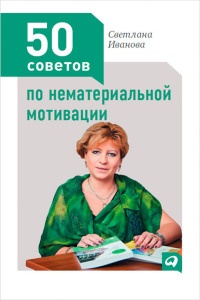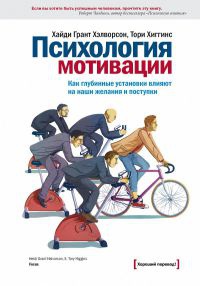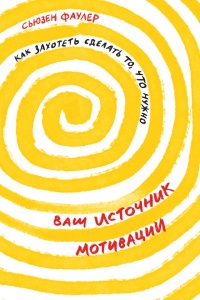Книга Наказание наградой. Что не так со школьными оценками, системами мотивации, похвалой и прочими взятками - Альфи Кон
На нашем литературном портале можно бесплатно читать книгу Наказание наградой. Что не так со школьными оценками, системами мотивации, похвалой и прочими взятками - Альфи Кон полная версия. Жанр: Книги / Психология. Онлайн библиотека дает возможность прочитать весь текст произведения на мобильном телефоне или десктопе даже без регистрации и СМС подтверждения на нашем сайте онлайн книг knizki.com.
Шрифт:
-
+
Интервал:
-
+
Закладка:
Сделать
Перейти на страницу:
Перейти на страницу:
Внимание!
Сайт сохраняет куки вашего браузера. Вы сможете в любой момент сделать закладку и продолжить прочтение книги «Наказание наградой. Что не так со школьными оценками, системами мотивации, похвалой и прочими взятками - Альфи Кон», после закрытия браузера.
Книги схожие с книгой «Наказание наградой. Что не так со школьными оценками, системами мотивации, похвалой и прочими взятками - Альфи Кон» от автора - Альфи Кон:
Комментарии и отзывы (0) к книге "Наказание наградой. Что не так со школьными оценками, системами мотивации, похвалой и прочими взятками - Альфи Кон"
























